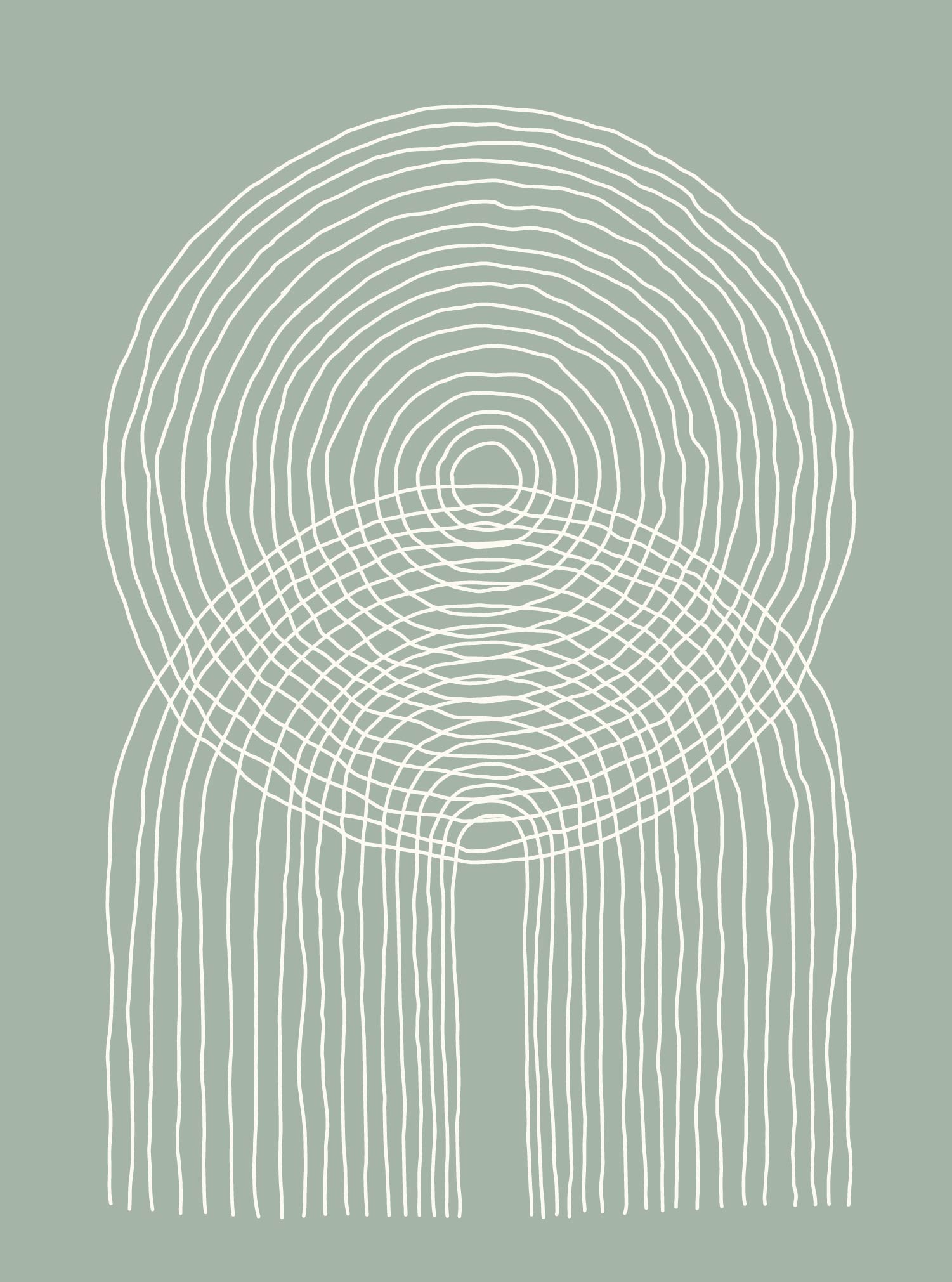Pain and pleasure are natural parts of our lives that are experienced in the present moment. However, our habitual reactions to try and extend pleasurable experiences while avoiding unpleasant ones often leads to suffering. Mindfulness provides us with the ability to observe our experiences with kindness, openness, and without judgment or criticism. By practicing mindfulness, we learn to tolerate and accept difficult experiences without avoidance, while also learning to appreciate but not cling to pleasant experiences.
Jon Kabat-Zinn’s Mindfulness Based Stress Reduction (MBSR) program focuses on understanding reactivity as the foundation of mindfulness practice. Kabat-Zinn believed that the key to supporting individuals with chronic pain was not to eliminate the pain, but to change their relationship with it, cultivating an attitude of allowing and acceptance. Research suggests that MBSR, combined with meditation practice, can lead to reductions in pain and improvements in psychological well-being for those with chronic pain conditions.
As Victor Frankl once said, “Between stimulus and response there is a space. In that space is our power to choose our response. In our response lies our growth and our freedom.” This highlights the idea that our overall state of mind depends more on our relationship to experience than the conditions of our lives, and emotional freedom is attainable at any point in our lives.
Reference:
Steven Rosenzweiga , Jeffrey M. Greesonb, Diane K. Reibelc , Joshua S. Greend , Samar A. Jassere , Denise Beasleyc, Journal of Psychosomatic Research 68 (2010) 29–36, Mindfulness-based stress reduction for chronic pain conditions: Variation in treatment outcomes and role of home meditation practice.








